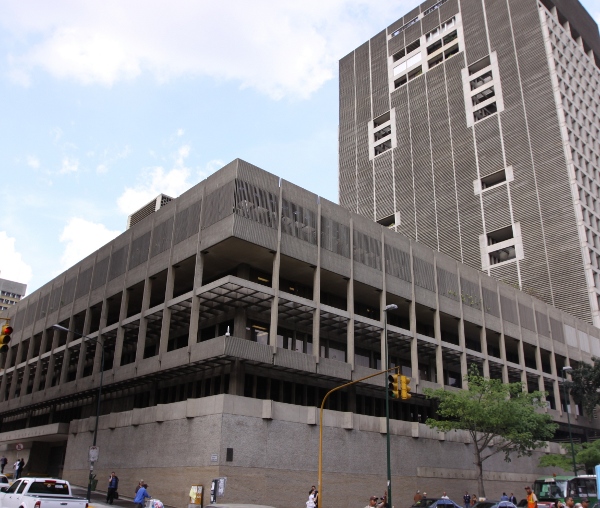
This was made clear in judgment 1263 that the Political-Administrative Chamber passed on 27 October 2015 and in which it rejected the recourse of abstention of 29 July of that year, which José Gregorio Lara’s lawyers filed against the issuing entity for refusing to inform how much the prices between January and August 2015 varied. Given this essential to execute a lawsuit for collection of difference in social benefits and other labor concepts that filed a year before against the bank Banesco.
The statistics were requested even by the Tribunal 32 of First Instance of Substance, Mediation and Execution of Labor of Caracas, responsible for ensuring compliance with the sentence to the bank, but the BCV did not answer. However, the Chamber, in a ruling drafted by Justice Bárbara César Siero, did not consider that the omission of the body represents an «abstention» and affirmed what is appropriate is that the court must insist and «reiterate the request for the purpose of obtaining this information».
Article 319 of the Constitution establishes that the BCV must provide «periodic reports on the behavior of the country’s macroeconomic variables and on other matters that are requested and will include analyzes that allow its evaluation. Failing to fulfill the objective and goals without justification, shall result in the removal of the board and administrative sanctions, in accordance with the law».
Likewise, article 193 of the Law on Income Tax obliges it to report the percentage change in prices, as well as its internal rules, which stipulate that it must publish these data within the first ten days of each month. However, since the end of 2014 this information has been given in dribs and drabs, under the allegation that it is used to destabilize and damage the government’s image.
Since 2003 the TSJ has not issued any decision against the government’s interests, according to a study by the organization Un Estado de Derecho. All the lawsuits filed by individuals and human rights organizations so that the highest tribunal orders any governmental body to deliver information suffered the same fate.
Extract of the Judgment
It is interesting to note that the circumstance that the Central Bank of Venezuela did not provide at the first opportunity in which it was requested, the information related to the consumer price indexes required for the elaboration of the complementary expertise of the ruling, this cannot set up the abstention of the issuing entity, since under such assumption, the Tribunal must reiterate the request for the purpose of obtaining such information».